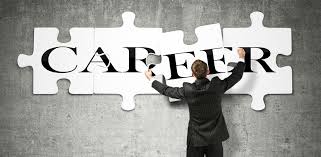Creative decision making is a must in designing and implementing an effective development program. The three phases of development often blend together in a real_life program. These three phases include the assessment phase, the direction phase, and the development phase.

a. The Assessment Phase The assessment phase involves activities ranging from self-assessment to organizationally provided assessment. The goal of both of these types of assessment is to identify employees’ strengths and weaknesses.
b. The Direction Phase This involves determining the type of career that employees want and the steps they must take to make their career goals a reality. It involves:
Individual career counselling
Information services
c. The Development Phase The development phase is taking actions to create and increase skills to prepare for future job opportunities and is meant to foster this growth and self-improvement. The methods are
1. Mentoring & Coaching : It has become increasingly clear over the years that employees who aspire to higher management levels in the organization often need the assistance and advocacy of someone higher up in the organization. When senior employee takes an active role in guiding another individual, we refer to this activity as mentoring and coaching. This can occur at any level and can be most effective when the two individuals do not have any type of reporting relationship.
2. Job Rotation: Involves moving employees from one job to another for the purpose of providing them with broader experience.
3. Tuition Assistance Programs: To help individuals plan their careers, organizations try to provide additional information in order to have better choice of the career.

 Follow
Follow